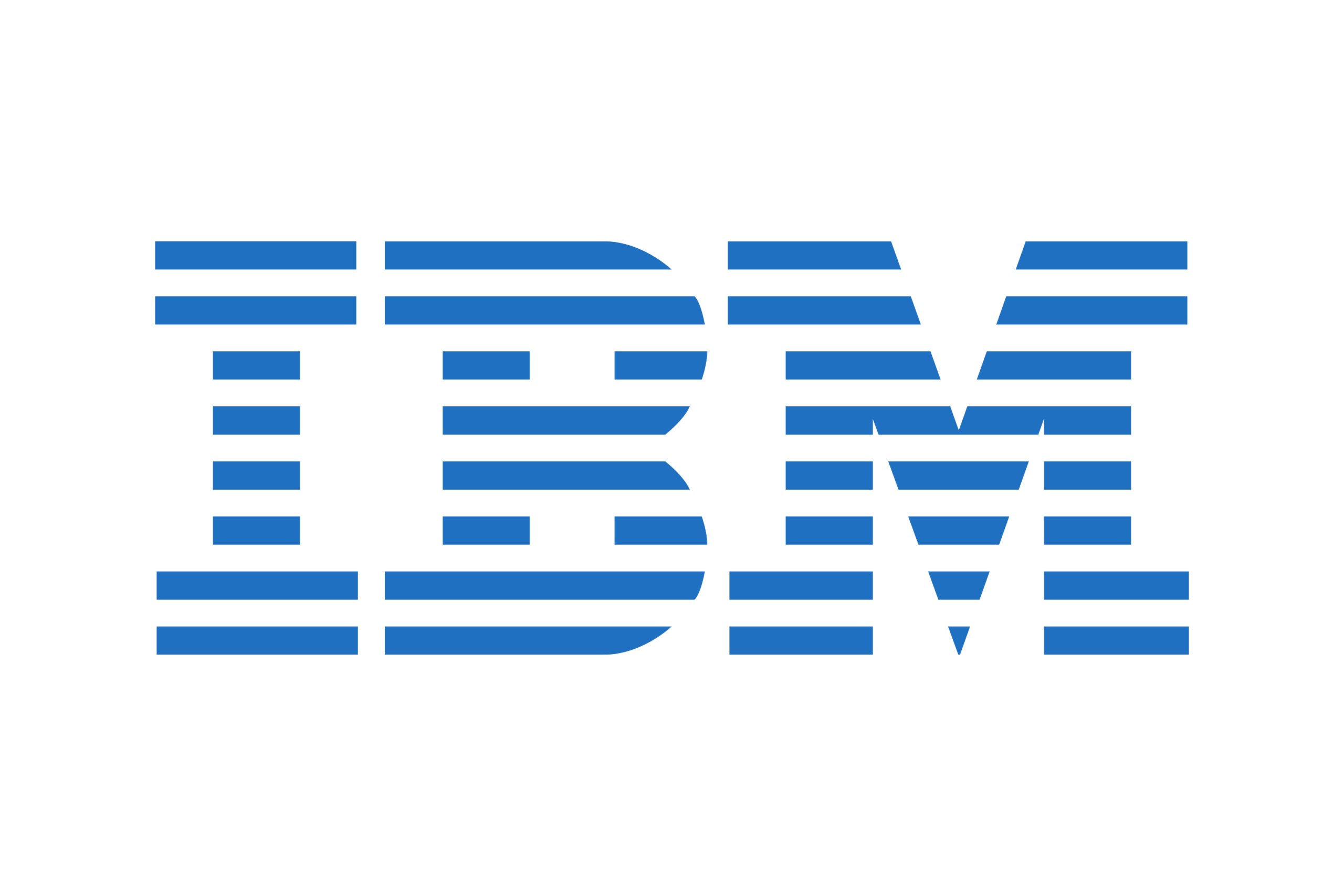Course Summary
A Diploma in Cybersecurity is a specialized program that provides students with the fundamental knowledge and practical skills required to protect computer systems, networks, and data from digital threats. The curriculum is designed to be highly hands-on, covering key areas such as network security, ethical hacking, cryptography, malware analysis, and digital forensics. Students learn to identify vulnerabilities, implement security protocols, and respond to security incidents. This course is ideal for individuals who are detail-oriented, have strong problem-solving abilities, and are passionate about defending against cybercrimes. It’s a quick and efficient way to enter the booming cybersecurity industry without committing to a full-fledged degree.
📅 Upcoming Admission Deadlines
- diploma-in-cybersecurity with 50% scholarship August 28, 2025
Top Recruiters




